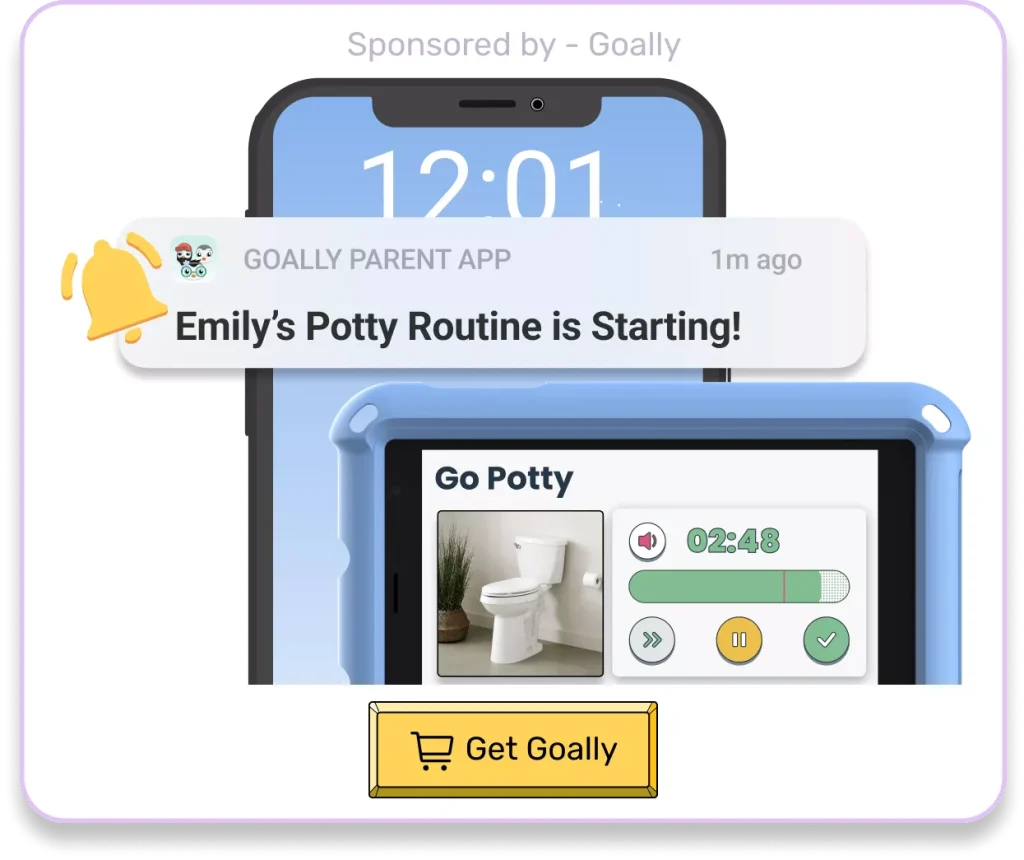Have you ever noticed your little girl struggling with communication or social interactions? Understanding autism in toddler girls can be challenging, but it’s essential for providing the right support. Autism spectrum disorder (ASD) affects kids differently, and recognizing the signs early on can make a significant difference in their development. In this article, I’ll share insights on the unique aspects of autism in toddler girls, offer practical tips for parents, and explore ways to support your child’s growth.
Table of Contents
What is Autism Spectrum Disorder?
Autism spectrum disorder (ASD) is a developmental condition that affects communication, behavior, and social interactions. It is called a “spectrum” because the symptoms and severity can vary widely among individuals. While boys are more frequently diagnosed with autism, girls can have it too, often displaying different signs that may be less noticeable.
Recognizing Autism in Toddler Girls
Recognizing autism in toddler girls can be tricky because they often exhibit different behaviors compared to boys. Girls with autism may be quieter, more socially inclined, or better at mimicking social behaviors, making their symptoms less obvious. However, there are key signs to watch for:
- Delayed speech or language skills
- Difficulty making eye contact
- Repetitive behaviors or rituals
- Strong preferences for routine and dislike of change
- Sensitivity to sensory stimuli, such as loud noises or bright lights

Read more: Autism Facial Expressions | Parents Guide
The Importance of Early Diagnosis
Early diagnosis of autism in toddler girls is crucial for providing timely interventions. Research shows that early intervention can significantly improve communication, social skills, and overall development. If you suspect your child might be on the autism spectrum, consult with a pediatrician or a child psychologist for an evaluation.
Supporting Your Toddler Girl with Autism
Supporting a toddler girl with autism involves understanding her unique needs and finding ways to nurture her strengths. Here are some practical strategies:
1. Create a Structured Environment
Kids with autism often thrive in structured environments. Establish a consistent daily routine to help your child feel secure and reduce anxiety. Visual schedules can be beneficial in providing clear expectations and transitions.
2. Use Clear and Simple Communication
When communicating with your toddler, use clear and simple language. Avoid using idioms or complex instructions. Visual aids, like pictures or gestures, can also help your child understand better.
3. Encourage Social Interaction
While social interactions might be challenging, encouraging them in a controlled and supportive environment can be beneficial. Playdates with understanding peers, social skills groups, or engaging in group activities can help improve social skills.

Read more: What are the Colors of Noise?
Therapies and Interventions
Various therapies and interventions can support the development of a toddler girl with autism. Some effective options include:
- Speech Therapy: Speech therapy focuses on improving communication skills. A speech therapist can help your child develop language abilities, understand nonverbal cues, and improve articulation.
- Occupational Therapy: Occupational therapy assists with developing fine motor skills, daily living skills, and coping mechanisms for sensory processing issues. It can be particularly helpful for girls with sensory sensitivities.
- Applied Behavior Analysis (ABA): ABA therapy uses positive reinforcement to teach new skills and reduce challenging behaviors. It is one of the most researched and effective therapies for children with autism.
- Building a Support Network: Building a support network is essential for both you and your child. Connecting with other parents of neurodivergent kids can provide emotional support, practical advice, and a sense of community. Consider joining local support groups or online forums.
- Fostering Independence: Encouraging independence in your toddler girl with autism is important for her growth and self-esteem. Simple tasks like dressing herself, picking up toys, or helping with household chores can boost her confidence and skills.
- Educating Family and Friends: Educating family and friends about autism can create a more supportive and understanding environment for your child. Share information about autism spectrum disorder, your child’s specific needs, and effective communication strategies.
Goally | Visual Scheduler for Autism
Does your child struggle with getting ready in the morning independently? Goally’s routine app on the best tablet for kids breaks down large tasks into small, achievable steps for autistic kids. Create custom routines with your own videos & pictures for every step.
Understanding autism in toddler girls is the first step in providing the support and care they need. By recognizing the unique signs, seeking early intervention, and utilizing effective strategies, you can help your child thrive. Remember, every child is unique, and with the right support, they can achieve their full potential.
Resources:
FAQs about Autism in Toddler Girl
What are some common signs of autism? Some common signs of autism include difficulty with social interactions, delayed speech and language development, repetitive behaviors, and hypersensitivity to noise and other stimuli. At what age can signs of autism be detected? Signs of autism can typically be detected as early as 2-3 years of age, but sometimes even earlier. Is there a test to diagnose autism? There is no single test to diagnose autism, but doctors may use a combination of behavioral evaluations, developmental screenings, and medical tests to make a diagnosis. Can autism be cured? There is no known cure for autism, but early intervention and therapy can help improve outcomes and quality of life for individuals with autism. Can children with autism attend school? Yes, children with autism can attend school. Special education programs and accommodations can be provided to help meet their unique needs.
This post was originally published on 06/28/2021. It was updated on 07/12/2024.

Goally
We help parents teach their kids life skills, like doing bedtime and morning independently. Backed by science, we incorporate evidence-based practices and expert-informed designs in all of our apps and content.






